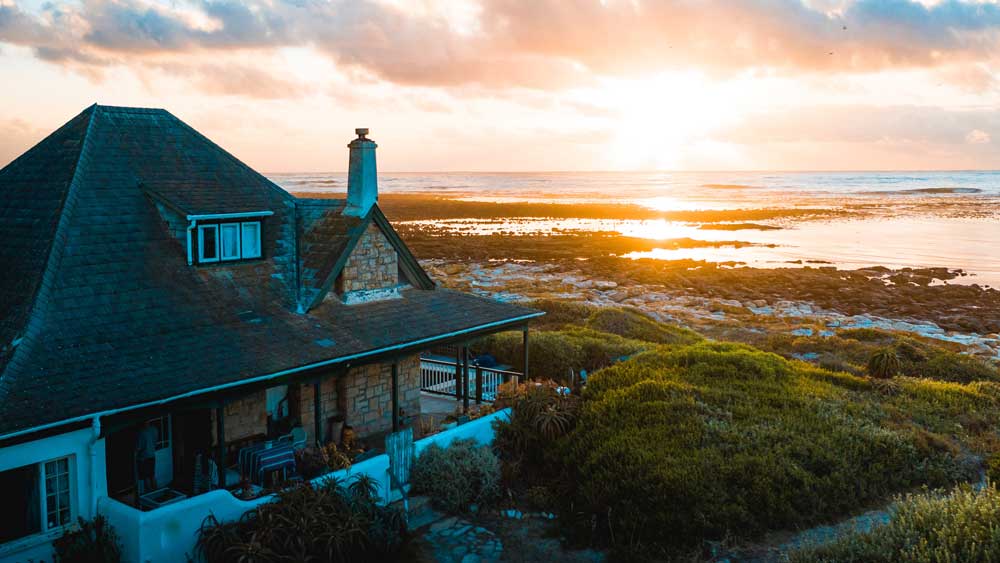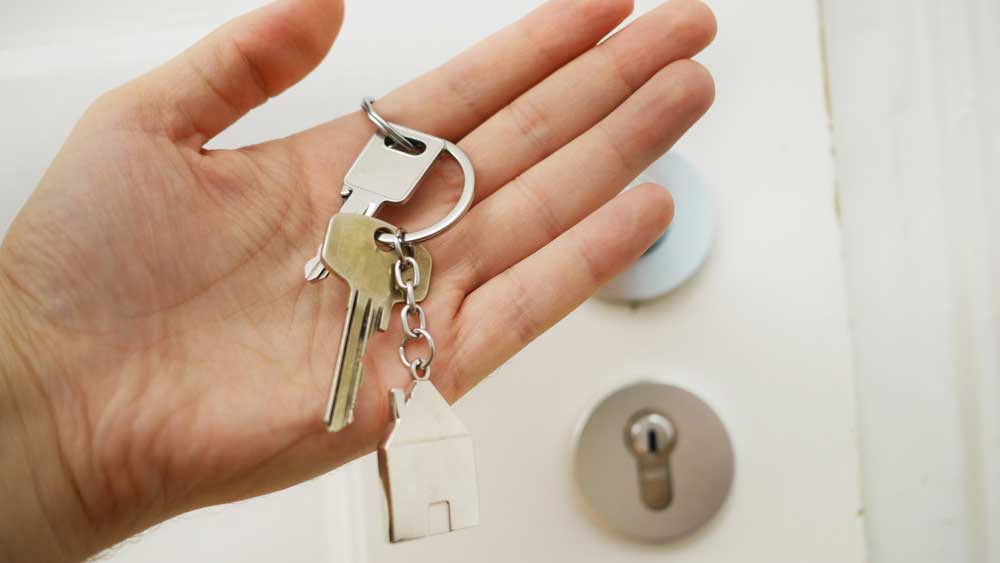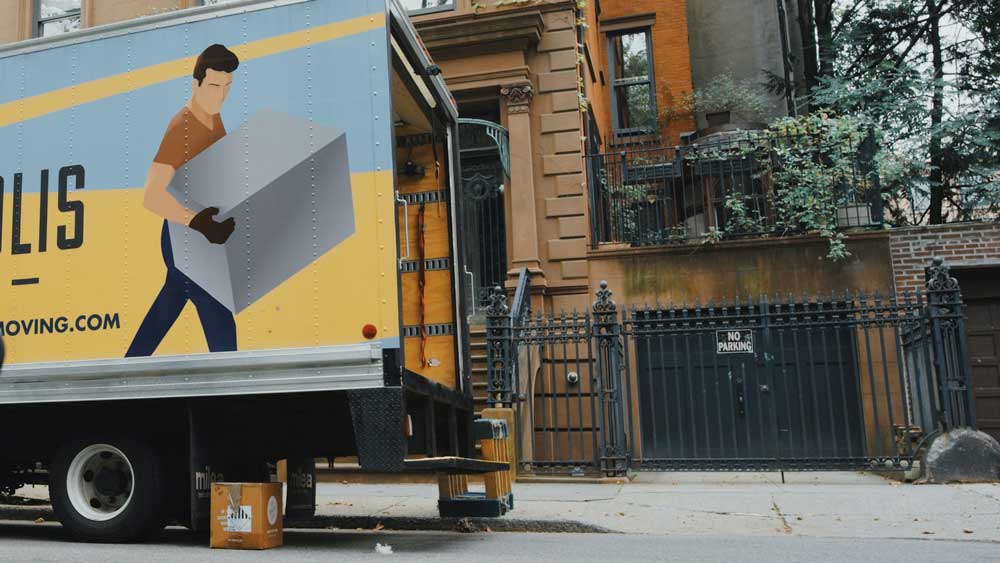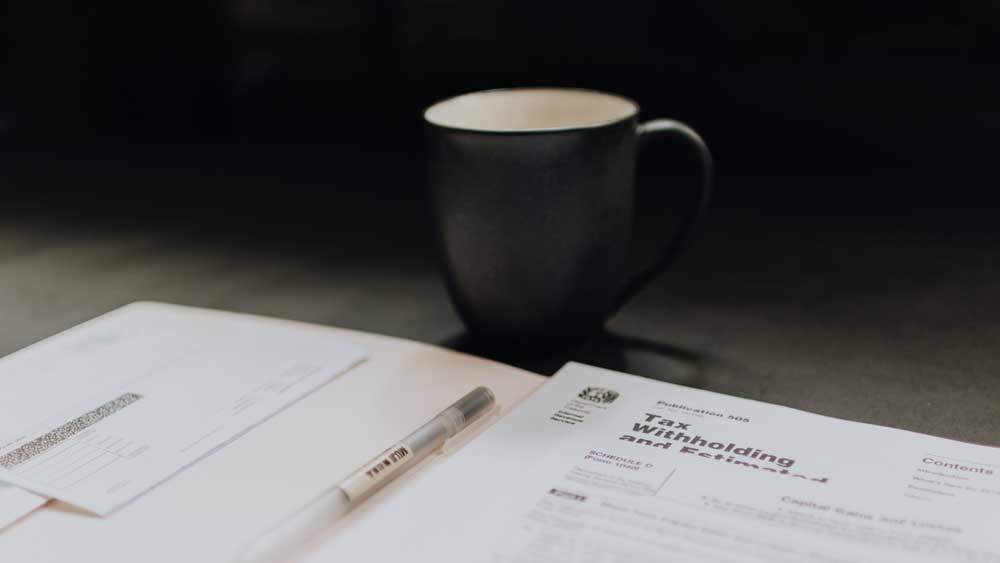
Buying a vacation property or “second home” that will be your primary residence is a great way to get comfortable with your new home before moving in full-time. Whether you will be using the property on weekends or as a seasonal residence, you will be able to familiarize yourself with your new home while you continue to live in your current home. If you later decide the property isn’t right for you as a primary residence, you can sell it without the hassle of having to move. For these reasons alone, it may be an attractive option for many.
But before buying a vacation property that will be your primary residence, there are several things you should consider first. With this in mind, here’s what you should know.
What to Consider Before Buying a Vacation Property That Will Be Your Primary Residence

Before you buy a second home that will be your primary residence, take the time to consider the following:
Current Needs vs. Future Needs
Consider whether the home will meet your current and future needs. How do you initially plan to use the vacation property? If you will be using it as a vacation rental property, then it will have a different set of considerations from, say, a weekend home. Do you subsequently plan to retire in the home? If so, perhaps a three story property on acreage is not the best choice, even if it would serve as a great family retreat in the meantime. Don’t fall into the trap of focusing on things as they exist today. Instead, consider how the home will meet your needs over the near term as well as the next 10-20 years.
Even if the home doesn’t meet your current or future needs, do you have the ability to renovate it? Since you won’t be living in the home right away, it may be the perfect time for renovations. This could also be a great way to save money by buying a “fixer upper”. And, since 100% of any gain realized upon the sale of a “second home” is taxable in both the US and Canada (more on that later), it may be advantageous from a tax perspective to complete expensive renovations while it is still your second home in order to increase your adjusted cost basis. By increasing your cost basis, it will help reduce any gain realized on a sale and thus your corresponding tax obligation.
Your Circumstances May Change
No matter how much planning you do, your needs and/or circumstances may change. Perhaps your kids live at home longer than expected while they attend university. Or perhaps the opposite is true and your kids move further away to attend university or pursue career opportunities. In the former case, the transition to your second home may be put on hold and in the latter case you may decide that you don’t want to move into your second home altogether. Take the time to ensure you have an exit strategy or a back-up plan in order to deal with a change in circumstances.
Finances
Before buying a vacation property, crunch the numbers to ensure you can afford it. Speak with your financial advisor to determine the suitability of buying a vacation property. As general guidelines, you should expect to come up with at least 20% of the purchase price as a down payment and have a debt-to-income ratio of no more than 43%. Be sure to explore our article on How Much Second Home Can I Afford for more detailed information on affordability criteria.
Assuming you need financing, do you qualify for a second home mortgage? Second home mortgages are harder to qualify for than primary residence mortgages. If you don’t qualify, do you have equity in your primary residence you can cash-out and use to buy the home? Here are a couple of ways to finance a second home using the equity from your primary residence:
- HELOC – A home equity line of credit gives you access to up to 80% of your home’s value minus any outstanding mortgage balances. You can draw from your credit line at any time, and only owe interest on the money withdrawn.
- Second mortgage – You can also take out a second mortgage on your existing home, otherwise known as a home equity mortgage. This loan has a fixed interest rate, and you receive the funds all at once. You’ll then owe principal and interest on the borrowed amount.
Tax Planning
Before making such a significant purchase, speak with a qualified tax professional. After all, decisions you make now may have implications on your tax obligations in the future. While we go into a bit more detail on some of these tax consequences later on, be sure to obtain tax advice both before moving forward with the initial purchase and before converting it into a primary residence.
What to Consider Before Converting a Vacation Property to a Primary Residence

If you already own a vacation property, you should consider the consequences of converting a second home to a primary residence, including:
Mortgage Terms
If you took out a mortgage to buy a vacation property, you may be eligible to refinance it at a lower rate once you live in it full-time. Primary residences have better terms because you’re more likely to pay the mortgage on time and not risk losing your home. You can expect interest rates to be as much as 0.25% – 0.5% higher for second homes. As such, speak with your lender and be sure to take advantage of lower rates for primary residences (if not at the time you convert your second home to a primary residence then when your mortgage is up for renewal).
Don’t forget to consider the mortgage terms of your first mortgage as well. If you’ll be selling your primary residence, ensure the mortgage on that property doesn’t have a prepayment penalty or that you can port it to your second home.
Look at the big picture and determine how you can structure your home financing so that it costs you the least amount of money.
Home Insurance
When you switch your vacation property to a primary residence, you may also save money on home insurance. Just like a mortgage lender thinks a second home is riskier, so does your insurance company.
When you convert your vacation property to a primary residence, your insurance costs will decrease. Talk to your insurance agent about the differences so you know what to expect.
Tax Consequences

Whether you’re in the United States or Canada, there are tax consequences when converting a “second home” to a primary residence. Here’s a summary of things to consider.
Note that tax rules are complex and everyone’s circumstances are different. Accordingly, you should consult a qualified tax adviser in connection with your own tax planning.
United States
- You may get a capital gains exception on the money earned on the sale of your primary residence. The amount you can exempt depends on if you are single ($250,000) or married filing jointly ($500,000).
- If you sell your second home, any capital gains will be taxed as long-term capital gains if you have it for at least one year. The tax rates are 15% or 20% depending on your taxable income. This gives you a “way out” if you decide to sell your second home before moving in full time, albeit with a tax hit on any capital gains.
- When converting your second home to a primary residence, you can get the capital gains exclusion as long as you live in the home as your primary residence for at least two of the last five years. The capital gains exclusion is on a prorated basis, however, depending on how much of the time you owned the second home as a vacation home or other “non-qualifying use”. For example, if you have been living in it full-time for two years after using it for five years as a vacation home, your prorated exclusion limit will equal 2/7 (i.e. 2 years of full-time use over a 7 year period) of the gains. So instead of taking advantage of the full $250,000 exemption, it would be reduced to $71,430 (2/7 x $250,000) to reflect the period during which the property was used as a primary residence.
Canada
- When you sell your second home in Canada, all gains are subject to taxation. This isn’t the case for your primary residence, however. Those capital gains are tax-free.
- If you sell a second home for more than you bought it for, half of the capital gains are included in your taxable income.
- When you convert a second home to a primary residence, the CRA treats it as if you sold the home. This is called a “change in use“.
- If you convert a primary home to a second home, you don’t have to pay capital gains tax up to the point of conversion.
- If you convert a second home to a primary residence, you’ll pay capital gains tax on any gain up to the point you converted it. So if your second home has appreciated $50,000 by the time you move in, half that amount, or $25,000, will be subject to taxation.
Final Thoughts
Before buying a vacation property or “second home” that will be your primary residence, consider the transition carefully. Think of not only how well the home will suit you and your family, but also the financial consequences of the change. In many cases, it can be a strong move financially, but understanding how it works, what it will cost you, and how it will affect your taxes is important before deciding to convert your vacation property to a primary residence.
